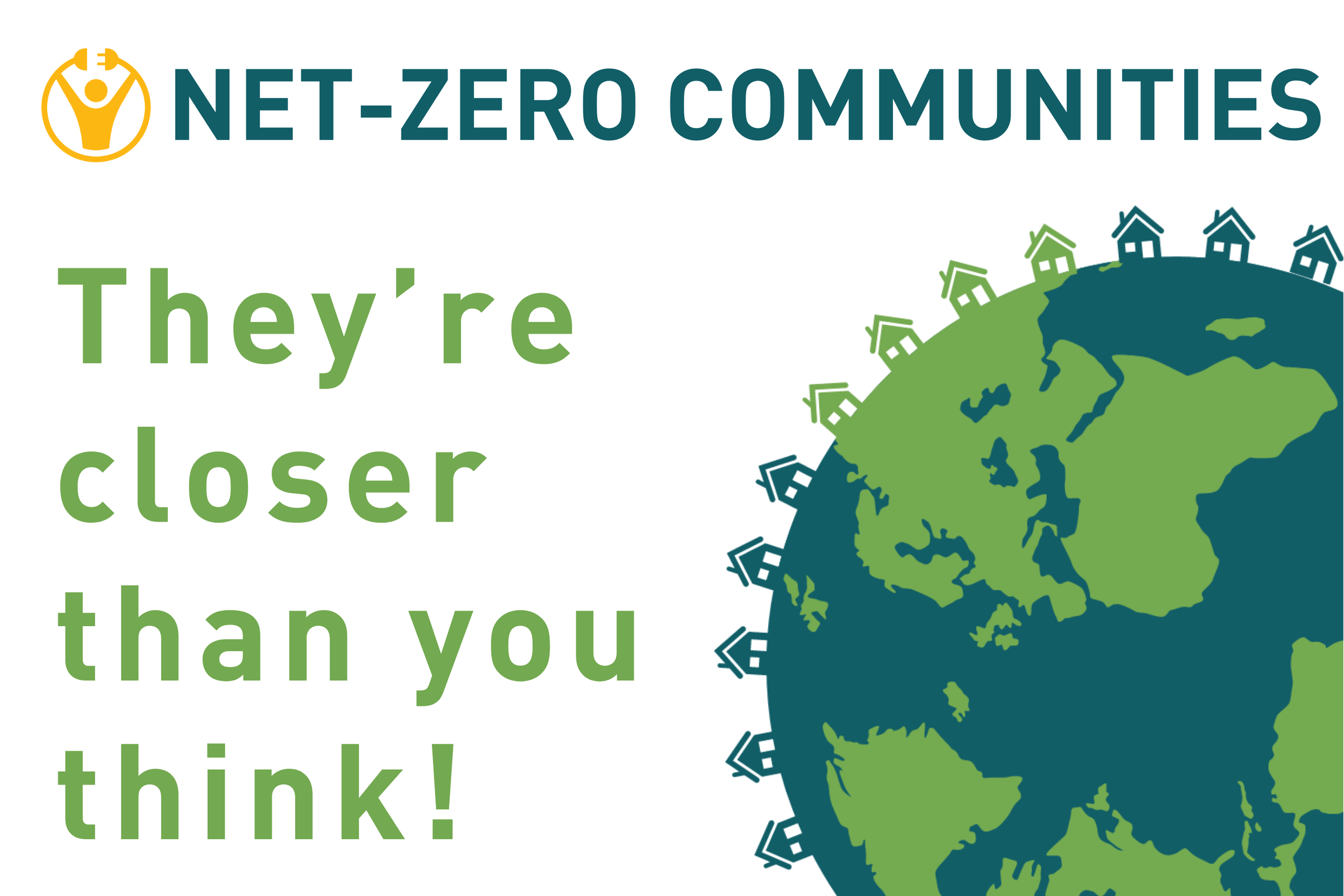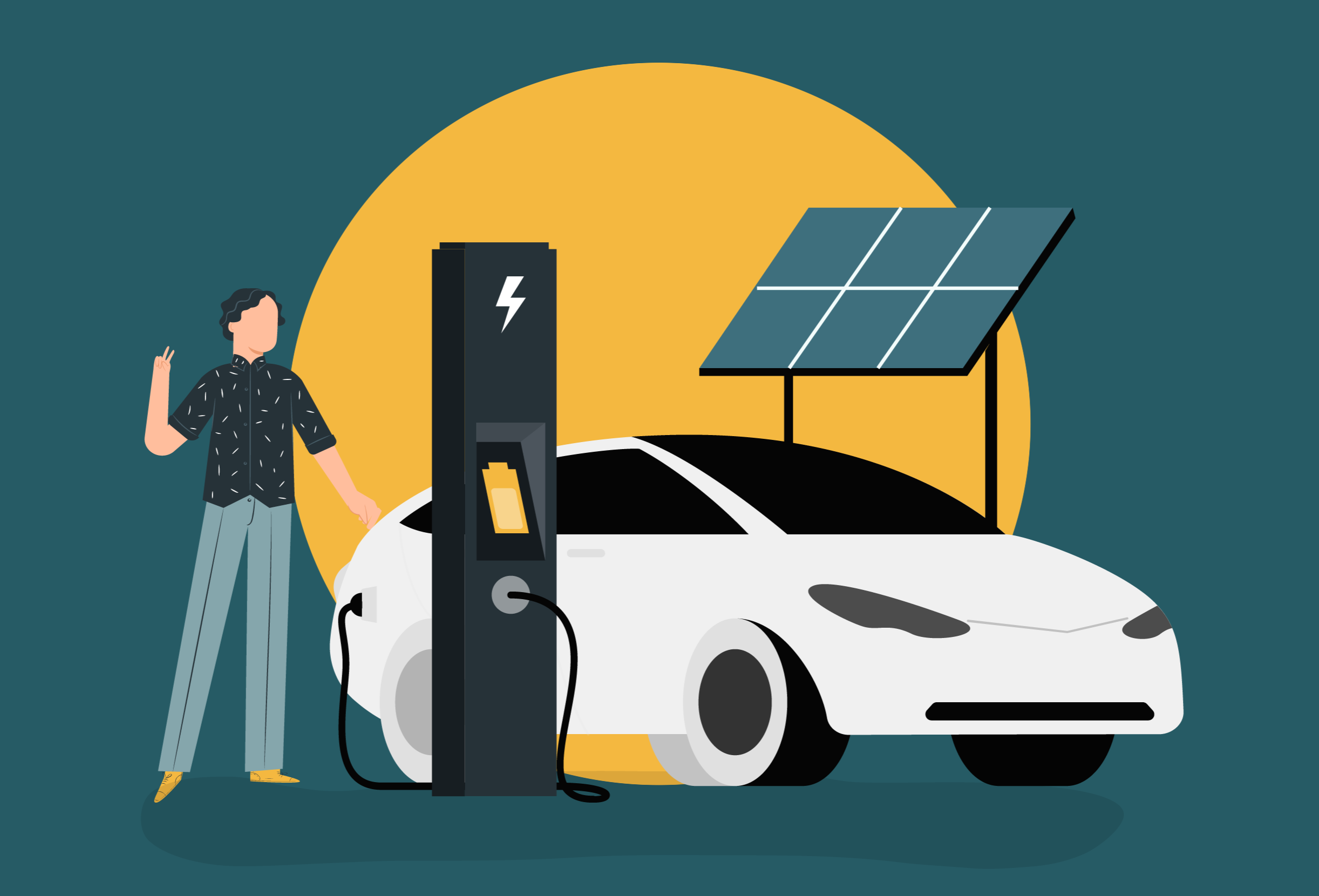The Hygge Blog
Enjoy our blog!
Tell us what you’re thinking!
Can breakthrough technologies like blockchain and AI help the millions of people who do not have access to reliable energy? Can we meet our decarbonization targets through edge computing? How can technology ensure high return on investment in energy generation projects? If you have an interesting take on the energy scenario, send us your articles, and we will publish the most creative and thought-provoking submissions.
Collaborate with us to solve the problems faced by the energy industry. We at Hygge Energy are looking for people who are passionate about technology and its application for solving the most pressing energy challenges facing us today. If you want to work with us, drop us a line!
All Blog Posts
Tokenized Marketplace for SMR Operators and Investors: Ian Chan at Consensus 2025
Tokenized Marketplace for SMR Operators and Investors: Ian Chan at Consensus 2025
Today, we are excited to feature Ian Chan on our blog. A seasoned leader in finance and blockchain innovation, Ian has been a long-time advisor, friend and champion of Hygge Energy. He recently represented Hygge at CoinDesk Consensus 2025, one of the leading global forums for blockchain, Web3 and AI innovation. In this conversation, he shares insights from the event and reflects on why Hygge’s mission continues to energize and inspire him.
Question: You spent 3 days at Consensus 2025, speaking with a wide range of people in the space, including investors, technologists, lawyers and other entrepreneurs. What was that experience like for you, personally and professionally?
Ian: There was a lot of energy in the room; it was great to see familiar faces and meet new ones. The event was well-curated, with a strong slate of speakers and mixer sessions. But what really stood out were the conversations I had in between the events. That’s when I got to discuss our idea around tokenizing small modular reactors (SMR) and creating a marketplace to connect investors and operators. People were not only receptive but also eager to build on the concept, and kept highlighting the need for this type of marketplace, which was inspiring and energizing.
Optimizing Energy Trading with AI and Blockchain: A Game-Changer for the Energy Market
Optimizing Energy Trading with AI and Blockchain: A Game-Changer for the Energy Market
A peer-to-peer (P2P) energy marketplace can transform how energy is traded. Homeowners with solar panels earn by selling surplus power directly to their neighbors, while EV owners can bid to charge their vehicles at the lowest possible price. The result is a dynamic marketplace driven by smart, cost-effective decisions made in real-time. Sounds like the future, right? In reality, today’s energy trading platforms face significant roadblocks. Fluctuating energy prices and the lack of decision-making tools leave buyers and sellers scratching their heads over the right bid price.
The result? Missed opportunities, frustration and inefficiencies.
At Hygge Energy, we’re changing the game by blending AI and blockchain to create a smarter, more transparent energy trading experience. Let’s dive into how we’re tackling these challenges with a powerful Bid Price Recommendation System designed to empower users and revolutionize energy trading.
Solar Buying and Selling Made Simple Using Lumi AI: Get the Best and Hassle-Free Trade Value for Your Rooftop Solar Under Peer-to-Peer Program
Simplify Energy Trading, One Chat at a Time:
Imagine this: managing energy trading without having to navigate through complex dashboards, sift through countless data points, or analyze endless charts. Instead, you simply chat. Want to sell extra solar power? Say, “Sell 30 units tomorrow at ₹ 9.” And it’s done. Need last week’s energy purchase summary? It’s yours in seconds.
The challenge today lies in the inefficiency of traditional energy trading interfaces. Existing systems are cumbersome and lack transparency, requiring users to navigate multiple dashboards, manually interpret data, and manage trades through disjointed processes. This complexity leads to delays, and increased potential for human error. There is a lack of user-friendly solutions—even more so for small-scale traders and new entrants in the energy market. The absence of a seamless, intuitive interface makes it difficult for users to access critical insights, optimize trades, and stay informed in real time.
Transforming Manufacturing: How AI Can Drive Significant Emission Reductions
Imagine running a manufacturing plant and knowing that every decision, every task scheduled has the potential to make a positive impact on climate change. Industries, responsible for 23% of the U.S.’s greenhouse gas emissions (EPA, 2022), are at a critical juncture. While renewable energy offers hope, its unpredictable availability often forces reliance on fossil fuels, leaving vast opportunities for emission reduction untapped.
Let’s break it down. A typical plant consuming 500 MWh of energy daily operates with a mix of renewables and fossil fuels. On high renewable days (60% renewable, 40% fossil), emissions average 204 tons of CO₂. On low renewable days (20% renewable, 80% fossil), they spike to 408 tons. Randomly scheduling tasks results in an average saving of 306 tons of CO₂ emissions daily.
Tired of the Noise? It's Time to Bring “Hygge” to Your Marketing
We crave ease and comfort in these frenzied times. Imagine a world where marketing executives unleash their full creative potential, unburdened by the mundane. We're living in it. But how do we cut through the incessant noise and truly connect with audiences in this data-saturated landscape?
McKinsey revealed marketing as the sector poised to reap the greatest rewards from AI (Davenport, 2021). Yet, the AI revolution has brought with it a wave of commoditization and oversaturation. Generic AI solutions offer little differentiation, trapping businesses in a race to the bottom. A new era of GenAI is dawning, prioritizing ROI-driven agents that transcend the ‘commodity trap.’ But measuring the true impact of these AI initiatives remains a significant hurdle. We need to move beyond quantitative metrics and embrace qualitative benchmarks that truly reflect the customer experience.
Blockchain in Energy: Accurate and Transparent Carbon Emissions Reporting and Verification
By 2050, climate change is projected to cause an additional 14.5 million deaths and $12.5 trillion in economic losses worldwide (World Economic Forum, 2024). If we continue business as usual, these estimates are only likely to worsen, leading to more frequent and severe natural disasters like hurricanes, wildfires, droughts and floods. To mitigate these catastrophic outcomes, accurate and transparent carbon emissions reporting is crucial. Unfortunately, carbon emissions reporting has lost its credibility due to a pervasive global failure to ensure transparency.
Net-Zero Communities: They’re Closer Than You Think
What comes to mind when you think of net-zero communities? For most, the idea conjures an image of a group of like-minded individuals, each willingly embracing change for the greater good. The notion of every sustainability-conscious individual installing solar panels atop their home is a picturesque one, yet it seems to be a far-fetched, perhaps unattainable, global solution. What most people don’t realize, however, is that net-zero communities are closer than we think, and the steps for this transition are completely painless for individual energy consumers. The perfect candidates for the net-zero revolution are small towns anchored by one core functionality.
How Renewable Energy Can Alleviate Energy Poverty
In a world where electricity is a necessity for modern living, more than a billion people still lack access to reliable power. This energy poverty is a significant barrier to economic development and improved living conditions. However, there is hope on the horizon: renewable energy.
How We Are Fixing the Carbon Credit Market
What is a Carbon Credit Market? One carbon credit (CC) is equal to one tonne of CO₂ emissions. CCs are issued to projects that remove, reduce or avoid emissions. These credits can then be sold to cover the costs of the project. Two types of CC markets exist: compulsory and voluntary. Compulsory markets are regulated by governments or international organizations such as the United Nations Framework Convention on Climate Change (UNFCCC). Voluntary markets are run by independent organizations such as Verra or the Gold Carbon Standard. For credits calculated based on reduced or avoided emissions, the CC quantity is the baseline (business-as-usual) emissions minus the project emissions.
Net-Zero 2050
Climate change is a global issue; the adverse effects of air pollution affect our health, lead to extreme weather disasters, and contribute to the destruction of our ecosystem. This news is not new, the climate crisis has been discussed in length for decades. Although we aware of the severity of rising temperatures, we have still seen an increase in the earth’s global temperature of approximately 0.13°C each decade. Industrialized countries, and the people who live within them, have grown accustomed to a specific lifestyle that consists of an abundance of readily available options at the lowest possible price point. Eco-friendly consumption options do not often fit these characteristics and villainizing everyday consumers for not making sustainable decisions pressures people to live outside of their means. Walmart contributed over 17 million metric tons of carbon dioxide equivalent in 2019, and we can see comparable emissions from similar major corporations. However, a low-cost mass production strategy is often the only option for lower income families, especially with the rising cost of living. We can all make small changes, but municipalities and corporations are key to seeing real advancements.
Hygge Energy at CII’s 12th GreenCo Summit: Carbon Markets and the Way Forward
The Confederation of Indian Industry (CII) invited Raj Krishnamurthy, Co-founder and CTO, Hygge Energy, to speak at their 12th GreenCo Summit on July 13, 2023
In his talk, Raj shed light on the carbon market, which is currently valued at 1 trillion dollars and is growing at a CAGR of 18.23%. However, before we go any further, there is a need to engage with all the stakeholders involved and simplify participation to encourage involvement from all industry members.
How to Use Rooftop Solar to Achieve Net-Zero Goals
In this interview with Electrical and Power Review (EPR) Magazine, Hygge Energy CEO Prateek Saxena reveals how to realize the potential of solar energy from a practicable and tactical perspective.
Prateek elaborates on solutions to the following challenges for achieving PM Modi's commendable "One Sun One World One Grid" initiative:
1. Massive costs of achieving net-zero for countries: $2 trillion per year till 2030
2. Energy poverty: utilizing renewable energy as a solution
3. Technical and business model challenges: from Hygge's experiences implementing projects
Economic Impact of Renewable Energy in Nigeria
Nigeria has one of the lowest GDP per capita in the world despite its abundance of natural resources. With a stable and affordable power supply through the use of renewable energy sources, some of the positive impact it could have on GDP is: Reduction in Cost of Production, Increased Business Activities, Increase in Foreign Direct Investments (FDI), Reduction in Unemployment, Reduction of Inflation, and an Additional Income Source.
Exploring Renewable Energy in Nigeria
Nigeria has an abundance of natural resources to generate renewable energy, yet almost half of the country lives without electricity. Fossil fuels account for 86% of Nigeria's energy generation,
Hygge can help by provide reliable energy through its energy trading platform while ensuring efficient use through redistribution to households, businesses, and communities that need solar power.
State of Electricity Mix for EV Charging
Electric vehicle adoption comes with a demand for electricity. How clean is the electricity fueling these vehicles? What proportion of EVs are really zero emissions? EVs are significantly less polluting than petrol and diesel-powered cars as they do not produce tailpipe emissions. However, the carbon footprint of EVs can be attributed primarily to the manufacturing process and sourcing of energy.
























